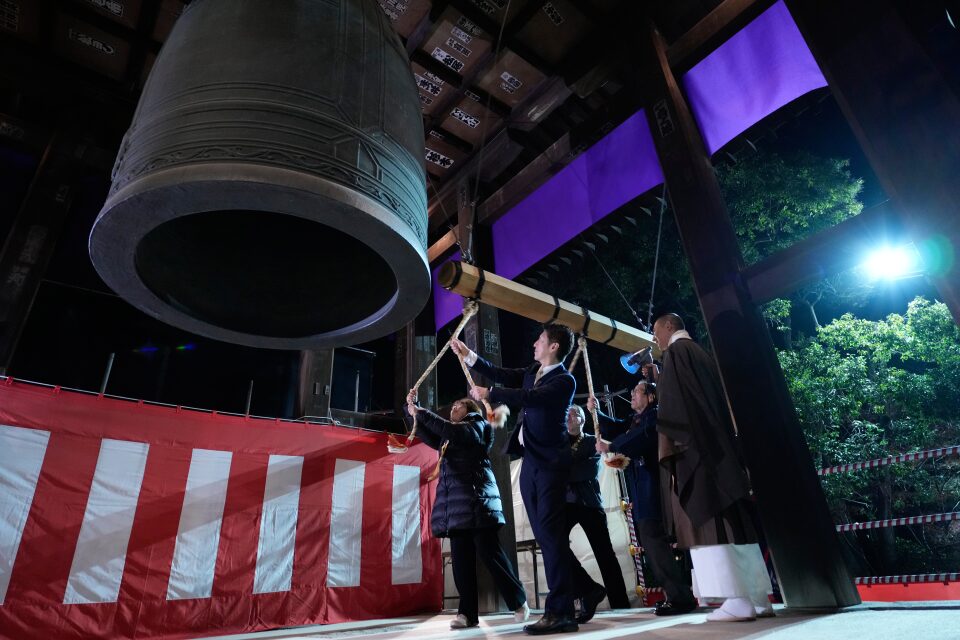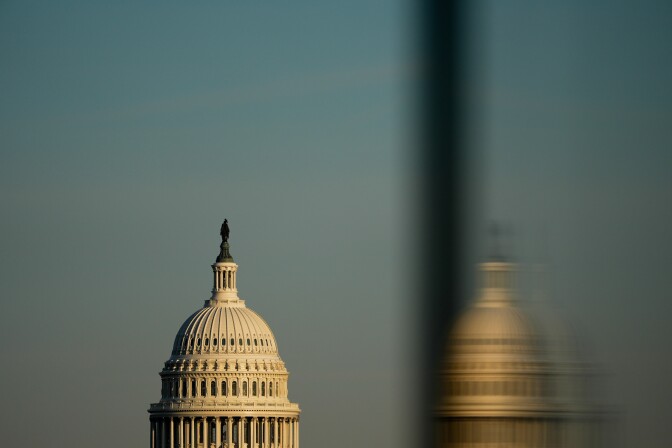California under a law taking effect today seeks to uphold the labor and unionization rights of private-sector employees, as the federal agency that has held that power for decades is in limbo.
But the new law’s future is unclear because the Trump administration is challenging it.
The law, which grants more powers to the California Public Employment Relations Board, is a response to the National Labor Relations Board lacking a quorum.
President Donald Trump fired the NLRB’s chairperson, Gwynne Wilcox, days after he began his second term in January. His two nominees to the board have yet to be confirmed, so the federal board has been without the three members it needs for a quorum for months.
Assemblymember Tina McKinnor, the Inglewood Democrat who wrote the bill, said when the governor signed it in September that “California will not sit idly as its workers are systematically denied the right to organize due to employer intransigence or federal inaction.”
The NLRB sued California over the law in October, saying in its lawsuit that the state is trying to assert authority over “areas explicitly reserved for federal oversight.”
On the legal challenge to the law, Terry Schanz, McKinnor’s chief of staff, referred CalMatters to the state attorney general. Attorney General Rob Bonta’s office is responsible for defending the law in court. A spokesperson for Bonta said the office would have nothing to say about it.
With the NLRB unable to fulfill its duties, states are trying to fill the gap in enforcing the National Labor Relations Act, which Congress passed in 1935. But labor experts contacted by CalMatters do not have high hopes for the California law, which is similar to a law passed in New York this year. They said courts, including the Supreme Court, have ruled that states cannot decide matters pertaining to federal labor law because of preemption, the doctrine that a higher authority of law overrides a lower authority.
“It’s difficult to imagine a scenario where the courts do not overturn these (state) laws,” said John Logan, professor and chairperson of Labor and Employment Studies at San Francisco State University.
William Gould, a former chairperson of the National Labor Relations Board during the Clinton administration and a professor emeritus at Stanford University, agreed: “In the courts the matter is a dead letter unless (the Supreme Court) shifts gears.”
That’s what the California and U.S. chambers of commerce, along with other business groups, are hoping, according to their amicus brief in support of the Trump administration’s lawsuit against California: “Under California’s view, every state could have its own labor law for private-sector workers. Dozens of laws would overlap and collide.”
The California Labor Federation, an umbrella organization for unions that represents about 2 million California workers, said in an amicus brief that even before Trump fired the NLRB chief, the federal agency’s backlog had been a problem, leading to companies being able to delay bargaining in good faith with their employees’ unions without consequences.
If the California law is overturned, employees who have formed unions but have not succeeded in securing contracts with employers such as Amazon and Starbucks — which are among the companies seeking to have the NLRB declared unconstitutional — may continue to face delays, according to Logan. Or, he said, it’s not clear what would happen if other workers tried to organize and their companies simply fired them.
“The NLRB defunctness is a scandal which cries out for political reform,” Gould said.


























